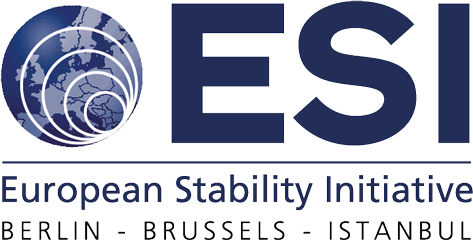ESI President speaks on European member state building at round table in Belgrade
ESI President Gerald Knaus was invited to a round table discussion jointly organised by the European Integration Office (EIO) and the European Movement in Serbia (EminS). The aim of the meeting was to explore how the current Instruments of Pre-accession Assistance (IPA) would need to be re-modelled in order to avoid a widening of the development gap between the new southeastern EU member states and the Western Balkans. Conference participants included officials from the government of Serbia and Montenegro, members of parliament as well as numerous representatives from Serbian research institutes.
The proclaimed goal of stabilization and approximation of Albania, Bosnia and Herzegovina and Serbia and Montenegro to the EU cannot be reached with the current instruments in place. Indeed, there is a real danger that the region will find itself increasingly isolated from the developments unfolding all around it, from Slovenia, through Hungary, Croatia, Romania and Bulgaria, and to the south from Greece and Turkey. Unless the "potential candidates" are given access to all the five aid instruments (IPA, 2007-2013 budget) - not just two (institution building and regional cooperation) - there is the growing risk of creating a new periphery in the heart of Europe.
Mr. Knaus stressed that abolishing the disparity between candidate countries and potential candidate countries and thus re-modelling the IPA is far from being just a technical detail but lies at the heart of ESI's campaign to integrate the Western Balkans into the European structures. He outlined that the existing draft EU commisssion "Proposal for a Council Regulation Establishing an Instrument for Pre-Accession Assistance (IPA)" needs to be changed by making all five components of EU assistance in 2007 - 2013 (including regional development, human resources development and rural development) available to both candidate and potential candidate countries.
This event has been widely reported on in Serbian media, among them BLIC, POLITIKA, and DANAS.
